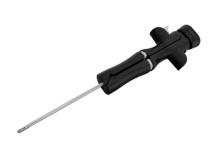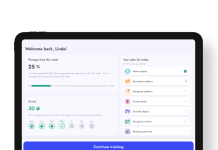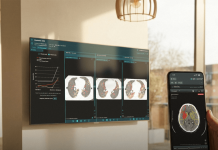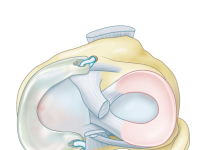Spirair has secured 510(k) clearance for its SeptAlign system from the US Food and Drug Administration (FDA) for its use in the mechanical correction of nasal septal deviation (NSD).
Based in the US, Spirair is an early-stage company engaged in developing minimally invasive solutions to help ear, nose, and throat (ENT) specialists in advancing care for their patients.
Related: FDA approves Symani surgical robot platform from Medical Microinstruments
SeptAlign, which is Spirair’s first product, is specifically engineered to assist in stabilising and correcting minor deviations in septal cartilage. This is achieved when sufficient healthy cartilage is available and effectively mobilised through standard septoplasty techniques.
The approval of the SeptAlign system in nasal septal deviation follows the FDA clearance of the SeptAlign bioabsorbable implant in August 2023. This marks the final step in the FDA clearance process for the SeptAlign System.
Nasal septal deviation is a prevalent cause of nasal airway obstruction (NAO), leading to difficulty in breathing through the nose.
Current treatment options for symptomatic nasal septal deviation are limited to over-the-counter medications for symptom relief. Invasive surgical procedures like traditional septoplasty are also utilised to address the underlying structural issues causing these symptoms.
Spirair CEO Benjamin Bishop said: “Demand for minimally invasive treatment options has been steadily rising across healthcare in recent years, but there have been few such options for people suffering from symptomatic NSD.
“SeptAlign is a minimally invasive treatment that can be safely and conveniently performed under local anesthesia and enables ENTs to expand their treatment options for more patients.”
SeptAlign has undergone clinical validation for correcting minor cartilaginous septal deviation. Treatment with it can be carried out at various service locations, including the office, operating room (OR), and/or ambulatory surgery center (ASC), as part of standard septoplasty procedures.
The bioabsorbable SeptAlign implant is positioned near the anterior nasal region, applying continuous tension to uphold the straightened septum, eventually dissolving within a six-month period.
SeptAlign is presently under investigation in two US clinical trials approved by institutional review boards (IRBs) as nonsignificant risk (NSR).
Having obtained clearance for the SeptAlign system, Spirair intends to commence a Series B fundraising round and initiate the commercialisation phase.




